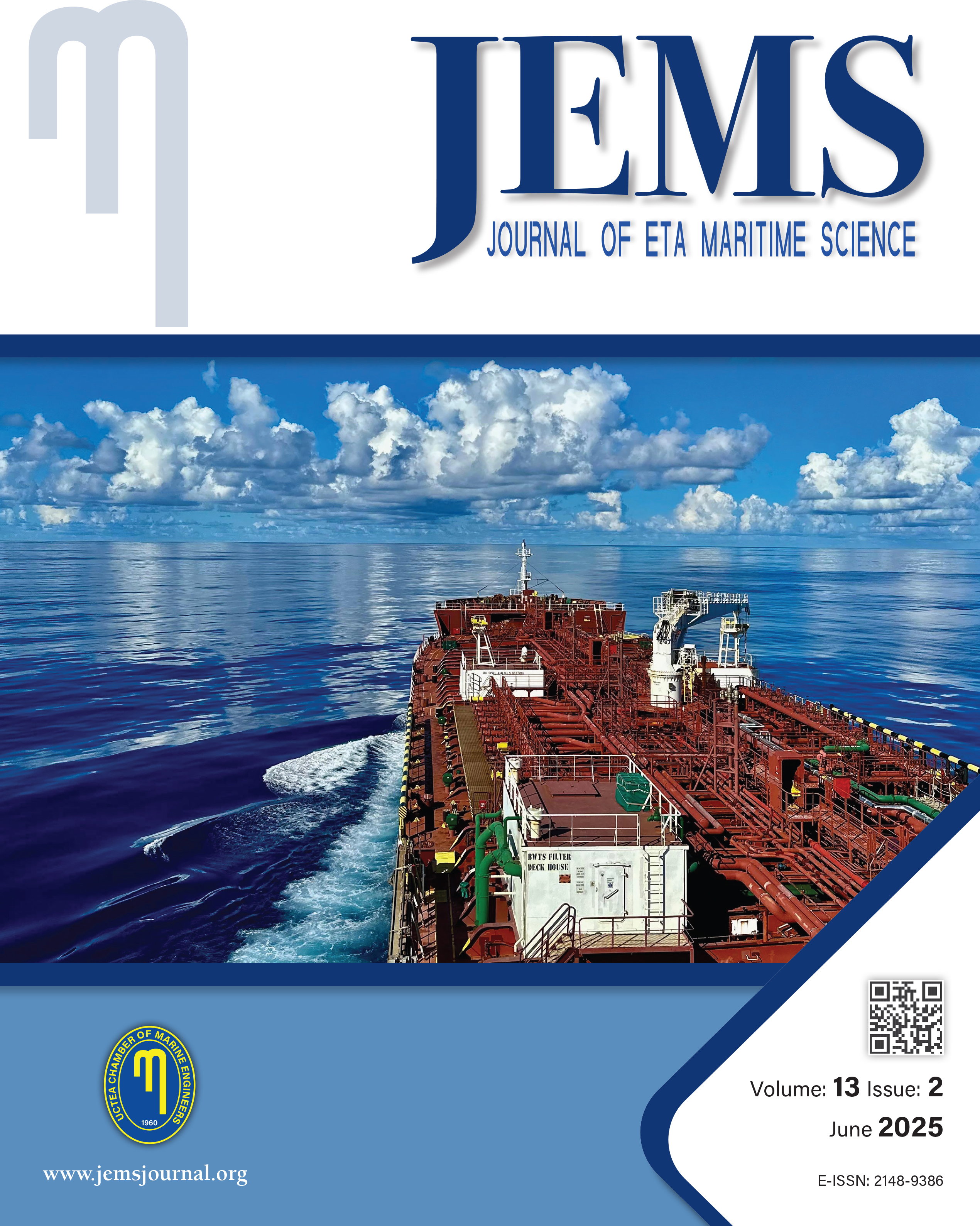

JEMS apply the Creative Commons Attribution NonCommercial 4.0 International Licence to all manuscripts to be published
A TAM-Based Study on the Adoption of Digital Transformation in the Maritime Transportation Logistics Sector
Orçun Gündoğan, Tuba Keçeciİstanbul Technical University Faculty of Maritime, Department of Maritime Transportation Management Engineering, İstanbul, TürkiyeDigital transformation is a significant global trend of the 21st-century that has substantial ramifications for various companies and sectors. It is inconceivable to envision that the maritime transport logistics industry will remain unaffected by these advancements. Digital transformation has the capacity to fundamentally revolutionize the business processes, services, and strategies of organizations working within this industry. This study examines the process of digital transformation within the maritime sector and identifies the key factors that influence its adoption. The research used structural equation modeling methodology to examine the variables and specific components indicated in the technology acceptance model. The data used in the analysis were collected via a questionnaire administered to individuals engaged in the maritime transport industry. The findings of the study indicate that the degree to which employees in the industry embraced digital transformation technologies was influenced by various factors, including their perception of how easy these technologies were to use and the perceived benefits they offered. The studys findings offer strategic suggestions for improving the successful implementation of digital transformation in the maritime logistics sector.
Keywords: Maritime transport logistics, Digitalization, Structural equation modeling (SEM), Technology acceptance model (TAM)Manuscript Language: English
(865 downloaded)










